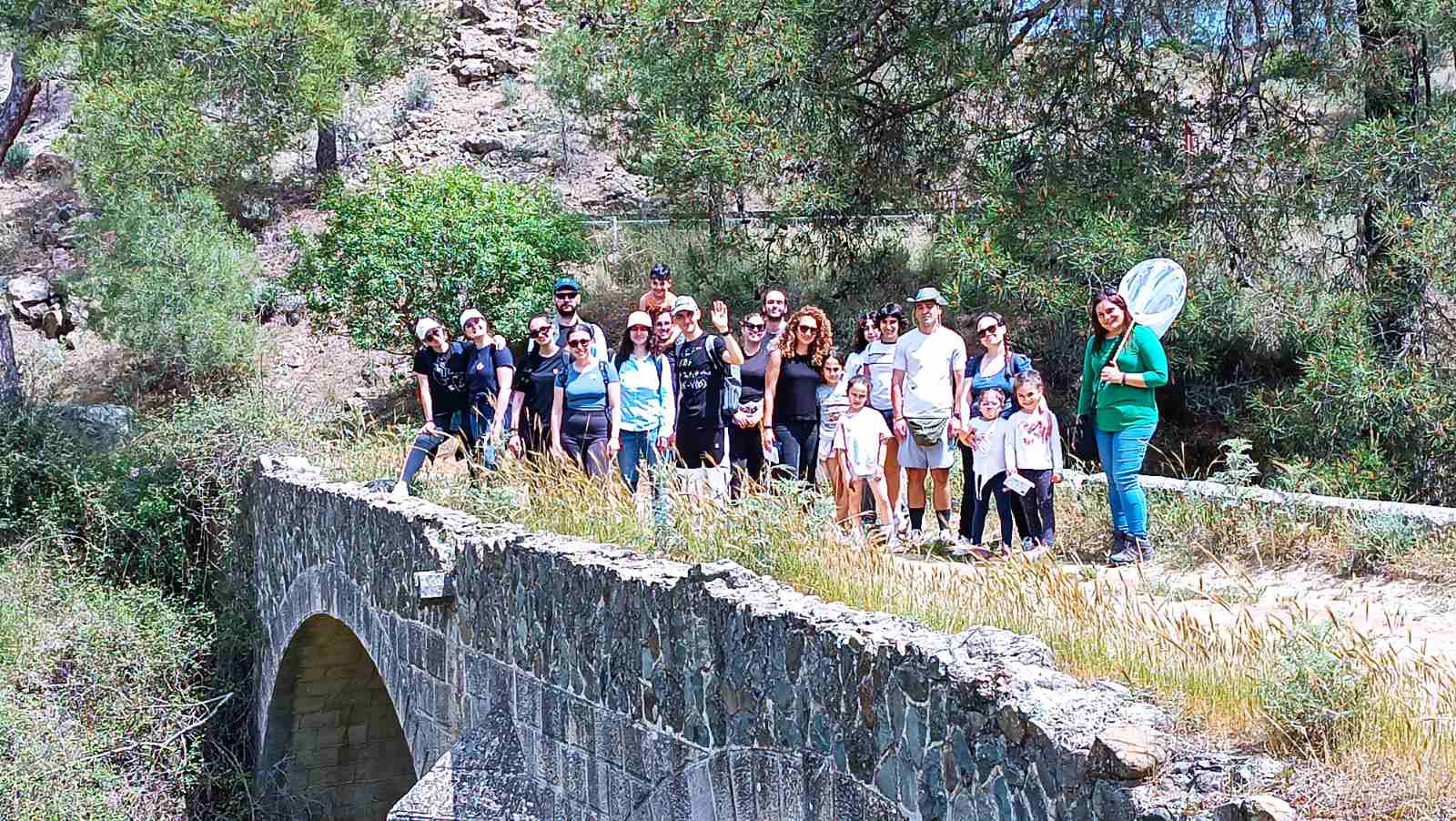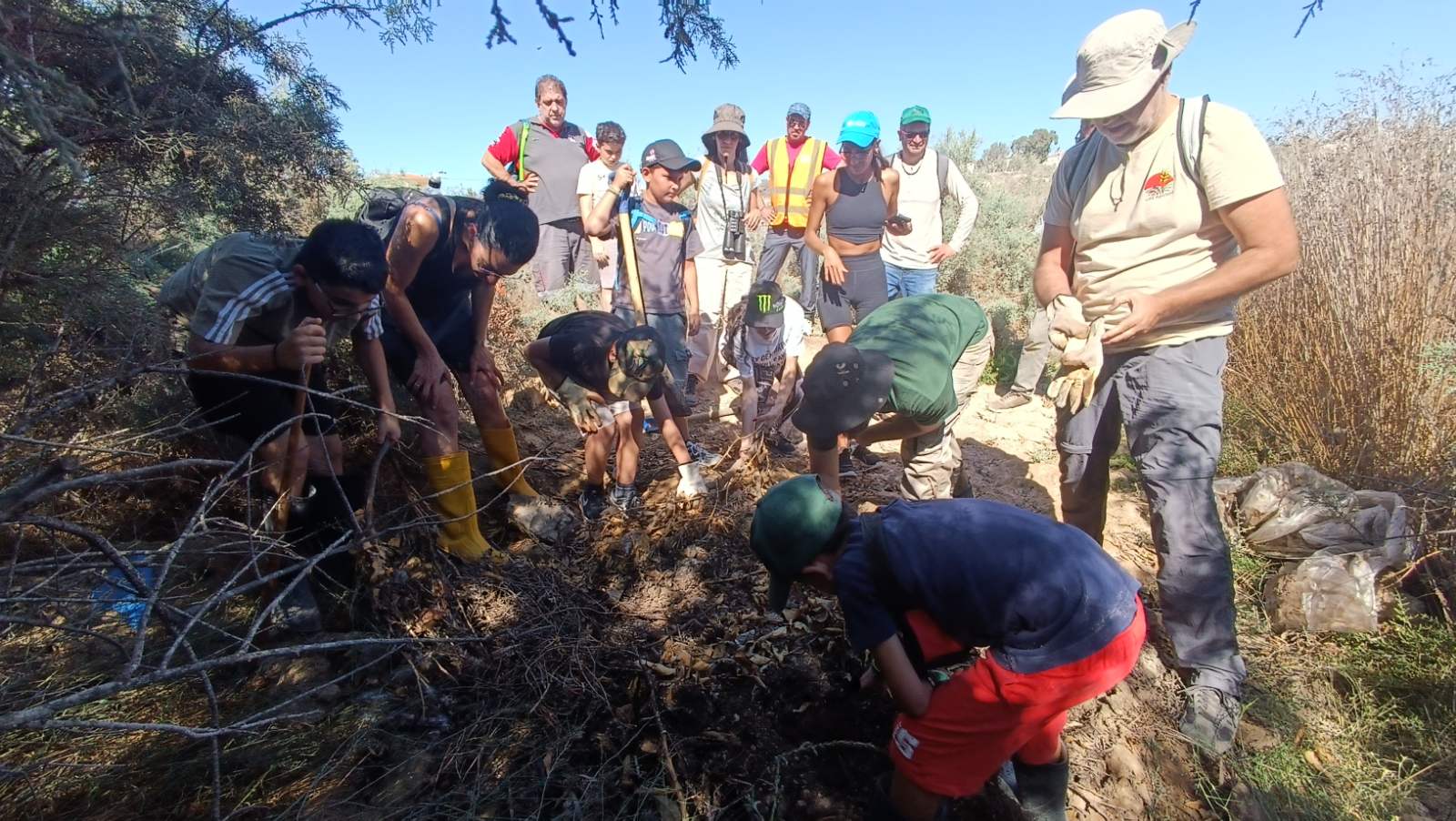Herpetofauna (reptiles and amphibians) represents one of the most threatened species groups worldwide. Their numbers are declining significantly due to climate change and human-induced factors such as pollution, habitat fragmentation, collection, and killing. The research project HerpTrust, titled: “Improving biodiversity’s resilience to climate- and human-induced threats through nursing positive Human-Herpetofauna Interactions”, coordinated by the Open University of Cyprus (OUC) and its Terrestrial Ecosystem Management Laboratory, concludes with a series of successful actions aimed at conserving and protecting the most threatened herpetofauna species in Cyprus and Malta. The project was implemented with funding from the Erasmus+ Programme by OUC, the NGO Friends of the Earth Malta, and Ecostack Innovations Limited in Malta.
As part of the project, structured educational material on Cyprus's herpetofauna has been developed and is available for free. This material combines theoretical knowledge with practical training tools and targets students, adults, and educators who can integrate it into their teaching practices. Specifically, the project’s website https://gr.herptrust.eu offers the following:
- a) Online courses,
- b) An online Atlas tool that allows users to interact with a map of Cyprus to locate and/or record reptiles, thereby developing citizen science skills, and
- c) A digital activity package containing materials for the creation of targeted educational activities.
The material, available in both Greek and English, serves as a valuable tool for education and awareness-raising regarding herpetofauna conservation and the importance of biodiversity preservation.
The completion of the HerpTrust project is particularly significant for strengthening biodiversity conservation efforts, as it focuses on reducing the threats facing reptiles and amphibians while raising public awareness and educating people about the importance of protecting these species. Recognizing and understanding the risks they face is crucial for developing protection strategies and enhancing efforts to preserve natural heritage.








